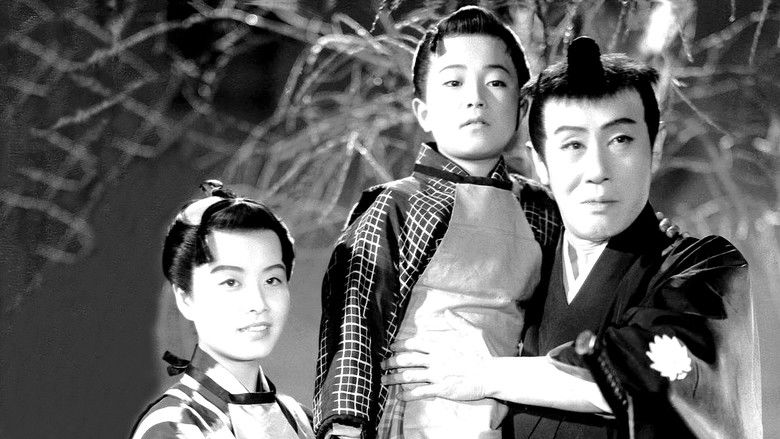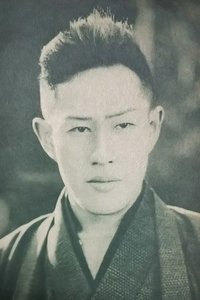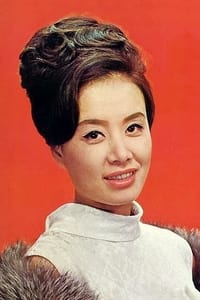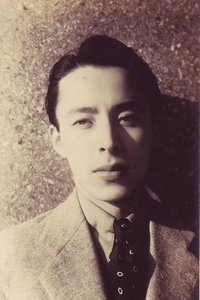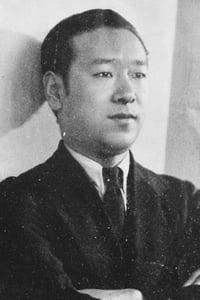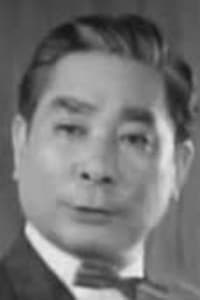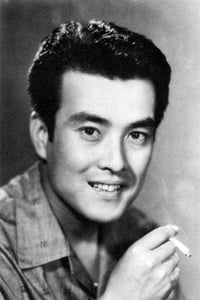Kurama Tengu: Anonymous letter to Tengu
Genres
ActionDrama
OverView
Masked avenger Kurama Tengu and his young sidekick try to stop a mysterious adversary from assassinating a group of young warriors who want to bring down the Shogunate...
Others
Budget
$--
Revenue
$--
Status
Released
Original Language
Japanese
Runtime
98 mins
Rating
0/10
Release Date
27 March 1952
Country
Japan
